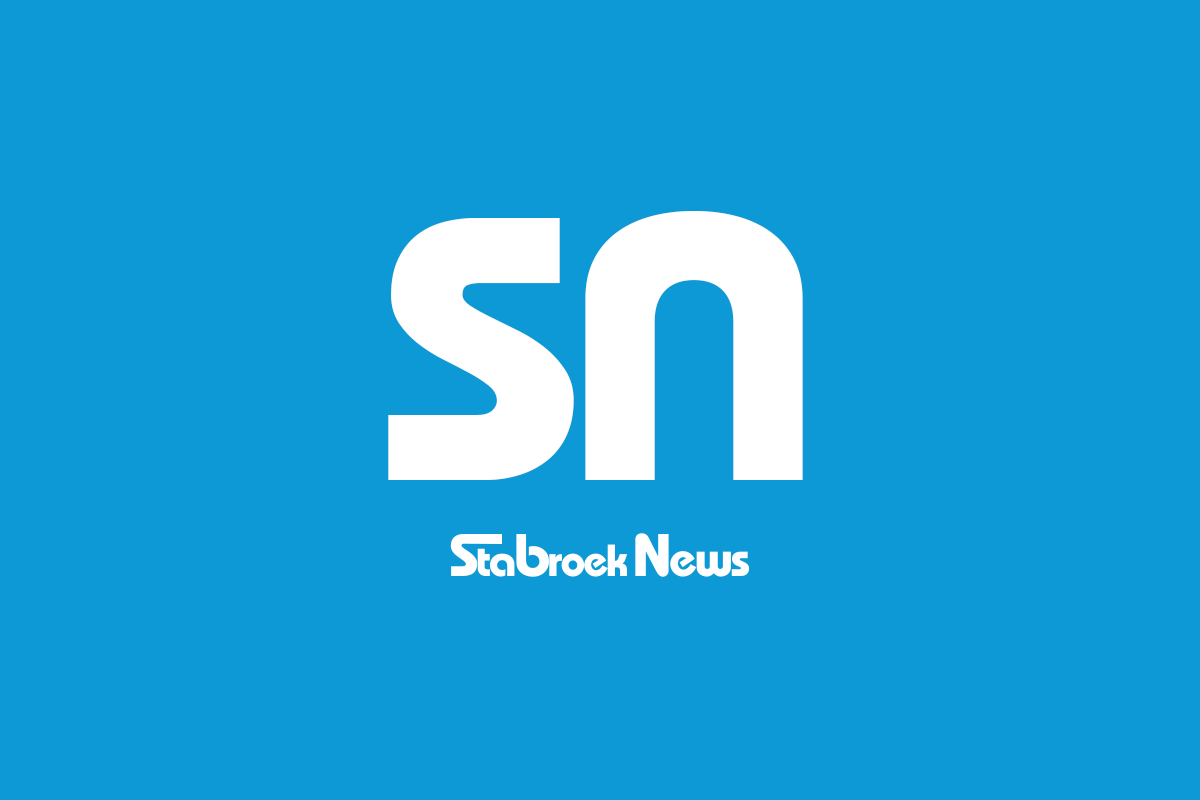(Jamaica Gleaner) Two more lawmakers are under investigation for alleged illicit enrichment, bringing to 13 the total number of parliamentarians who have been referred for either illicit enrichment or providing false information over the last seven years, according to the latest Integrity Commission annual report.
But the report also reveals that six investigations or preliminary enquiries connected to alleged illicit enrichment or the provision of false information involving lawmakers have been closed. The report did not disaggregate the cases.
Details of the investigations are not publicly available as the law bars the commission from revealing any information until reports are tabled in Parliament.
The report for the period April 1, 2024, to March 31, 2025, was tabled in the Senate on Friday. The Opposition People’s National Party had accused the Government of seeking to avoid tabling the report.
The document noted that the Director of Information and Complaints referred two parliamentarians for investigation for potential illicit enrichment under Sections 14 and 15 of the Corruption Prevention Act, 2001.
Four public officials were also similarly referred.
The action is based on the director’s assessment of the statutory declarations of income and assets submitted by the officials.
Meanwhile, the annual report has revealed that 13 Members of Parliament and one senator have been referred for illicit enrichment probes over the seven-year period from April 1, 2018, to March 31, 2025.
Seven local government councillors, one permanent secretary, seven heads of entities, and 36 persons in the category called ‘other public officials’ have faced similar referrals over the period.
In a separate table, the Commission disclosed that six investigations or preliminary enquiries into lawmakers over the alleged offences of illicit enrichment or providing false information were closed over the seven-year period. It said there was one ruling to charge and one not to charge.
It also stated that six cases against ‘other public officials’ were closed; four involving heads of entities and one each involving a permanent secretary and a councillor.
Charges were recommended against two councillors; one against a head of entity and one for ‘other public official’.
The IC’s illicit enrichment probes have been the source of significant public discussion and have figured prominently in the ongoing campaign ahead of the general election expected by September.
Public debate intensified last year after the commission said it could not conclude on the question of illicit enrichment in a probe involving Prime Minister Dr Andrew Holness. It did not certify his 2021 income filings and referred the matter to the Financial Investigations Division.
Holness has denied any wrongdoing and has brought court action against the anti-corruption body and the Integrity Commission Act.
Several lawmakers have also complained about being tainted and have called on the Commission to speed up its investigations.
Section 14(5)(a) and (b) of the Corruption Prevention Act states that illicit enrichment occurs where a public servant owns assets disproportionate to his lawful earnings; and upon being requested by the Commission or any person duly authorised to investigate an allegation of corruption, fails to provide an explanation as to how he came by such assets, or gives an explanation which is not considered satisfactory, he shall be liable to prosecution for the offence of illicit enrichment.
The law further states that it shall be a defence to a person charged with the offence to show the court that he acquired the assets by lawful means.
